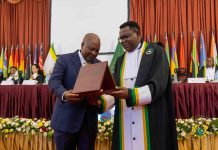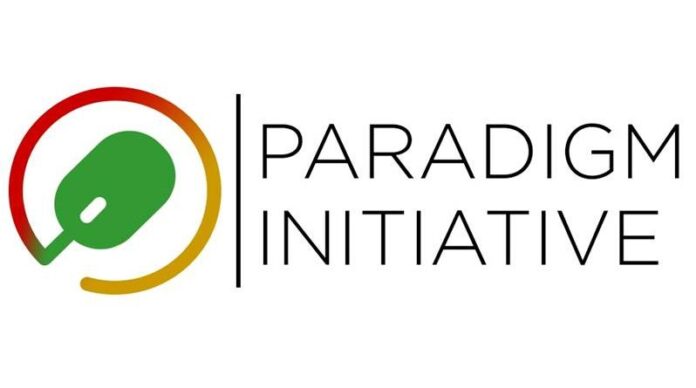Paradigm Initiative (PIN), an African digital rights advocacy organisation, has condemned the government of Uganda’s recent decision to restrict Internet access to citizens during the country’s presidential elections held on January 14, 2021.
In a press release, PIN, described the decision by the Ugandan government as a blatant violation of international standards on freedom of expression as well as access to information which has become critical during the COVID-19 coronavirus health crisis.
BELOW IS THE FULL STATEMENT Paradigm Initiative condemns, in the strongest terms possible, the directive by the Uganda Communications Commission ordering a temporary “Suspension of the Operation of Internet Gateways” allegedly in the exercise of its functions, under Sections 5(1) and 56 of the Uganda Communications Act of 2013. As a result of this directive, major internet service providers such as MTN and Airtel Uganda have issued communications to the effect that they have complied as ordered.
As is now characteristic of African governments during elections and specifically on election day, it is unfortunate but not surprising that the Government of the Republic of Uganda elected to shut down the internet connectivity just a day before the general elections scheduled for the 14th of January 2021.
This action to block internet access in Uganda is a blatant violation of regional and international standards on freedom of expression and access to information. Furthermore, the COVID-19 pandemic has made it glaring that internet access is an enabler for accessing health care and education.
An attack on internet access is clearly a violation of human rights. Article 9 (1) of the African Charter on Human and People’s Rights provides for access to information as the right to receive information and is echoed by the International Covenant on Civil and Political Rights under Article 19(2). The government of Uganda must promote access to information and freedom of expression through unhindered access to the internet.
In terms of Principle 37 of the Declaration of Principles On Freedom Of Expression And Access To Information In Africa States must facilitate the rights to freedom of expression and access to information online and the means necessary to exercise these rights and must recognise that universal, equitable, affordable and meaningful access to the internet is necessary for the realisation of freedom of expression, access to information and the exercise of other human rights.
Furthermore, PIN calls on the government of Uganda to adhere to the objective of the African Charter on Democracy, Elections, and Governance under Article 2(10) to promote the establishment of the necessary conditions to foster citizen participation, transparency, access to information, freedom of the press and accountability in the management of public affairs.
An open internet will ensure this compliance as well as the promotion of human rights under article 4 of the same. We urge the Ugandan authorities to respect their citizens’ right to, among others, access to information as guaranteed by the relevant Ugandan laws as well as the Constitution of the Republic of Uganda.
Credit: Lord Kweku Sekyi








































